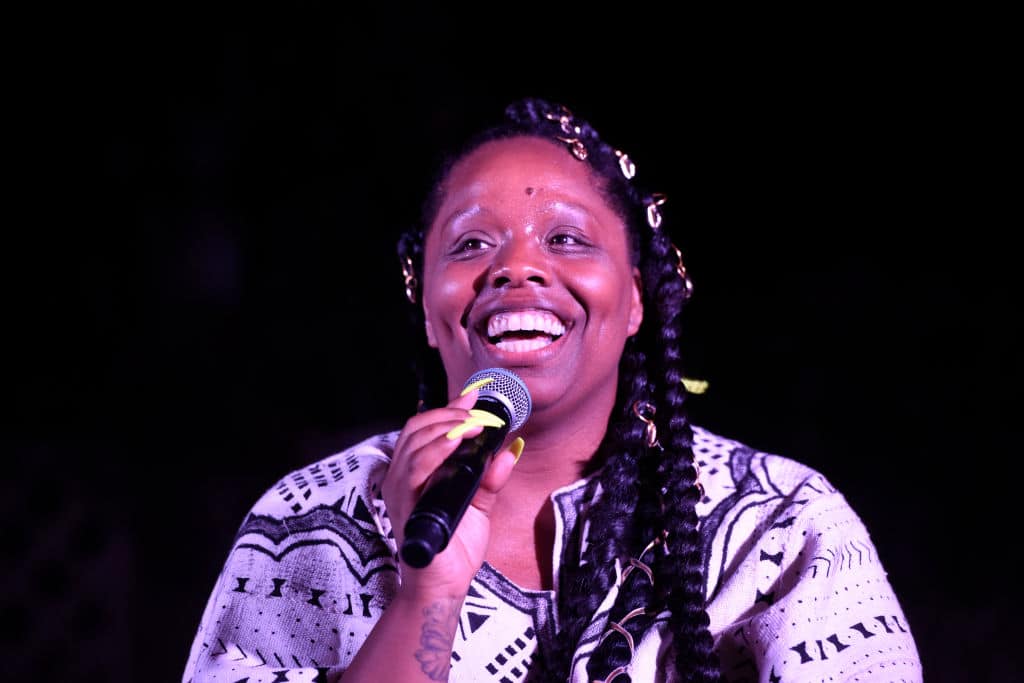
*Patrisse Cullors, co-founder of Black Lives Matter, released her second book earlier this year titled “Abolitionist’s Handbook: 12 Steps to Change Yourself and the World,” and she recently spoke to MADAMENOIRE on a segment of I GOT QUESTIONS about why and how we all should be abolitionists.
“I’m interested in readers really being able to show up for the conversation and their lives around abolition. How do you practice it every day?” she tells the outlet.
“… this word abolition or abolitionist or abolitionism or the concept of the abolitionist movement will probably make people think about the abolition of chattel slavery, the abolition of human beings being property. And that’s true. This movement, this modern-day abolitionist movement is actually a part of the legacy of the abolitionist movement to stop chattel slavery. But the problem is that we didn’t actually fully stop chattel slavery,” Cullors continued.
READ MORE: Patrisse Cullors Allegedly Failed to Inform IRS About $175K Donations to ‘Dignity & Power Now’
“And most people know Ava Duvernay did an amazing job at lifting up the 13th Amendment. That was, yes, slavery. We’re done with it, except if you’ve been convicted of a crime. And then we get years and decades of laws created to criminalize black people’s everyday lives, whether that was lawyering laws. Right. So black people are no longer enslaved, but they’re not skilled workers. What are they supposed to do?” she said.
“So many folks are hanging out, and then you get loitering laws, the black codes, Jim Crow, and now we have mandatory minimums and gang injunctions. And so, we’ve morphed into this need to have a modern-day abolitionist movement. But it’s important for people to understand that the concept of abolition isn’t just about the police and prison system. What I’m trying to do with this book is I’m also trying to say that abolition is about building a new culture,” Cullors added.
“How do we show up for each other? How do we treat each other? And we’re living in vicious times, not just at the systemic level, but how many times have you gone on social media where people are tearing each other down and treating people awful and not giving people the benefit of the doubt or there is this (inaudible) reaction to critique and blame and shame and point fingers. And I’m really asking for us to hold on, slow down and look at what is around us, and how do we build a new culture, a culture of care, a culture of dignity. So that feels important in this abolish culture as well,” she explained.
Read the full interview here.
We Publish News 24/7. Don’t Miss A Story. Click HERE to SUBSCRIBE to Our Newsletter Now!






